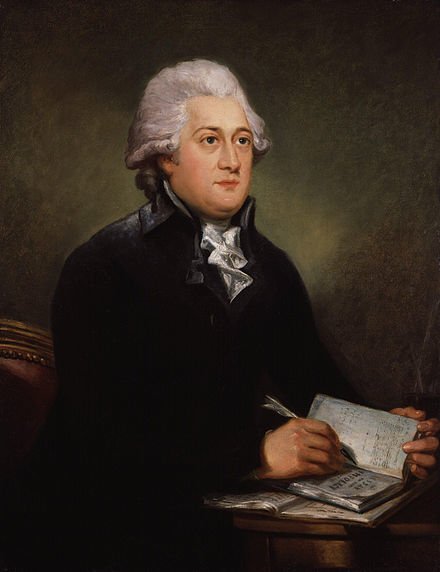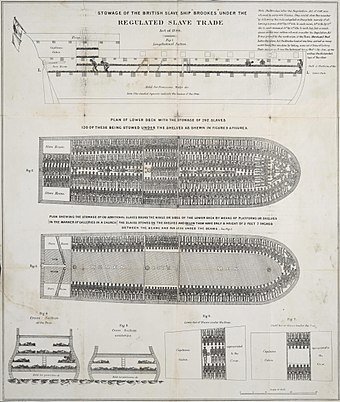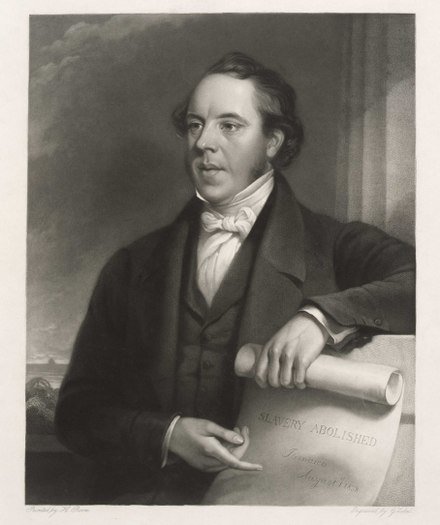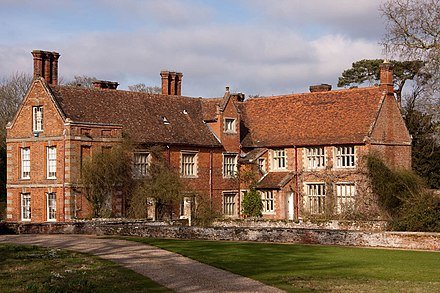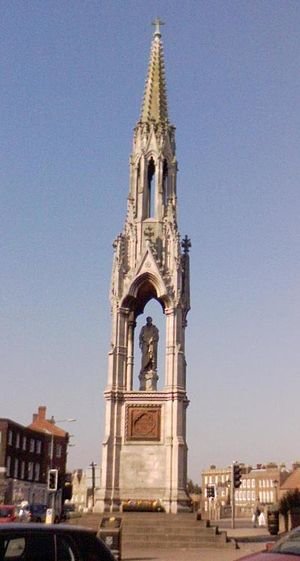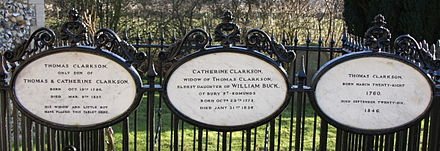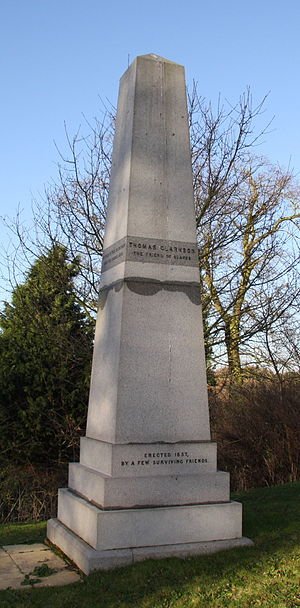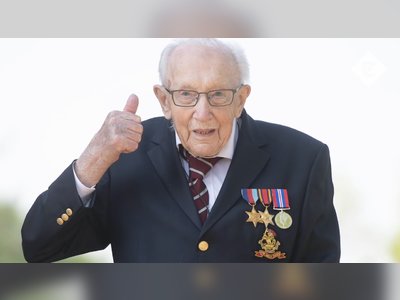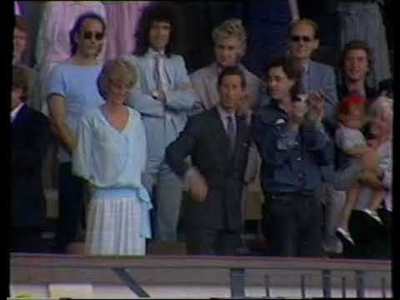British Heritage
Remember, Cherish, Learn.
beta
Thomas Clarkson
A Champion of Freedom and the Abolition of the Slave Trade
Contribution to British Heritage
Thomas Clarkson, an English abolitionist born on 28th March 1760, left an indelible mark on British history through his tireless efforts to end the abhorrent practice of the transatlantic slave trade. He played a pivotal role in founding "The Society for Effecting the Abolition of the Slave Trade," which later became known as the "Society for the Abolition of the Slave Trade." This society was instrumental in achieving the passage of the landmark Slave Trade Act of 1807, which marked the end of British involvement in the slave trade. Clarkson's dedication and determination were essential in rallying public opinion against this cruel trade, and his contributions to the abolitionist movement ultimately led to the emancipation of slaves in the British colonies.
Early Life and Education
Born in Wisbech, England, Clarkson received an excellent education, attending St. Paul's School in London and later entering St. John's College, Cambridge. While at the university, he participated in a Latin essay competition that sparked his lifelong commitment to the abolitionist cause. This contest, which questioned the morality of making slaves against their will, inspired Clarkson to delve into the subject deeply. He extensively researched the slave trade, reading accounts by abolitionists and interviewing individuals with firsthand experiences in the trade. This knowledge and empathy drove him to a spiritual revelation, leading him to devote his life to ending the suffering inflicted upon enslaved Africans.
Revelation of the Horrors of Slavery
After winning the essay competition, Clarkson translated his essay into English to reach a broader audience. He published it in pamphlet form in 1786 under the title "An Essay on the Slavery and Commerce of the Human Species, Particularly the African." This publication became influential and introduced him to like-minded abolitionists, including James Ramsay, Granville Sharp, and Olaudah Equiano, whose writings and experiences further strengthened his resolve.
Clarkson's deep concern for the enslaved Africans led him to collect evidence and stories related to the slave trade, traveling extensively throughout England. Despite facing fierce opposition from proponents of the trade, he managed to garner support for the abolitionist cause. His public speeches, supported by visual aids and engravings depicting the instruments of human bondage, struck a chord with the British populace and rallied them to take action against the slave trade.
Anti-Slavery Campaign
In 1787, Clarkson played a crucial role in forming the Committee for the Abolition of the Slave Trade. This committee consisted of influential figures like Granville Sharp, Josiah Wedgwood, and William Wilberforce, whom Clarkson convinced to join the cause. Wilberforce, a member of the British Parliament, became a prominent voice in the fight against the slave trade.
Clarkson's efforts to collect evidence and testimonials from sailors and surgeons who had been involved in the slave trade significantly contributed to the growing awareness of the atrocities committed during the transatlantic crossings. He used this evidence to publish additional anti-slavery works, further bolstering the abolitionist movement.
Passage of the Slave Trade Act and Legacy
Clarkson's dedication and the collective efforts of the abolitionist movement bore fruit when the Slave Trade Act was passed in 1807. This landmark legislation put an end to the British slave trade and marked a significant victory for the abolitionists.
Clarkson's work did not end with the passage of the act; he continued to campaign for the total abolition of slavery, both in British colonies and worldwide. He played a pivotal role in the establishment of the Society for the Mitigation and Gradual Abolition of Slavery (later known as the Anti-Slavery Society) in 1823. This society's advocacy led to the Slavery Abolition Act of 1833, which emancipated all slaves in the British colonies.
In his later years, Thomas Clarkson continued to advocate for the abolition of slavery internationally, participating in the World's Anti-Slavery Convention in 1840. His dedication to the cause remained unwavering until his death on 26th September 1846.
Clarkson's legacy as a prominent abolitionist and a key figure in the British anti-slavery movement is etched in history. His relentless efforts and compelling speeches played a pivotal role in raising public awareness and mobilizing the masses to take action against the injustice of the slave trade. The monumental changes brought about by his activism continue to be celebrated today, marking him as a champion of freedom and a central figure in the fight against slavery in British heritage. The Clarkson Collection and Clarkson Chest, displayed at Wisbech & Fenland Museum, stand as a testament to his enduring impact on British history.
- Thomas Clarksonen.wikipedia.org
